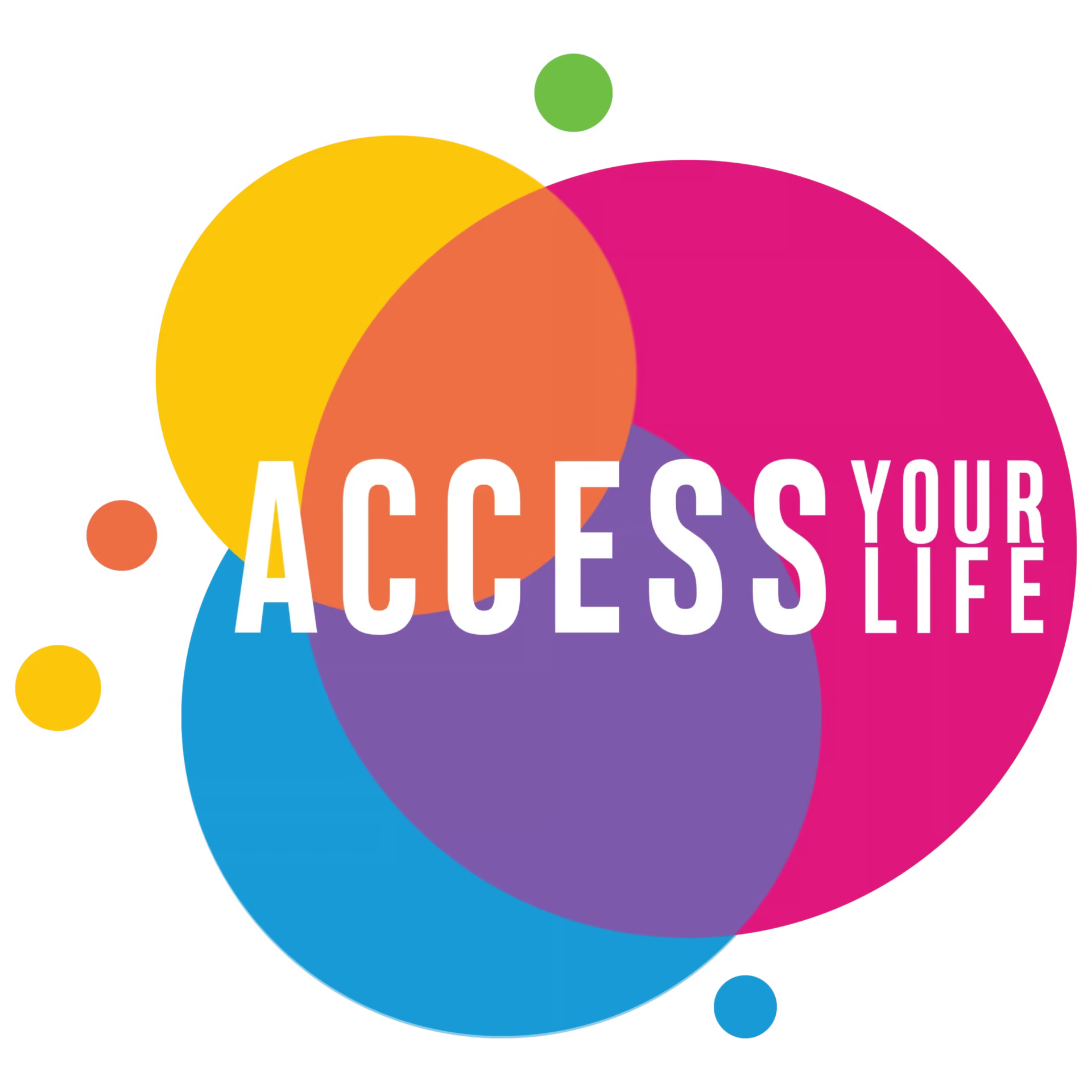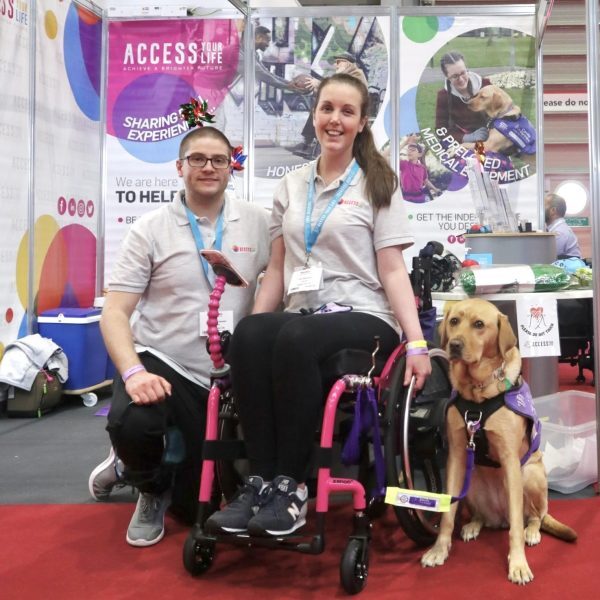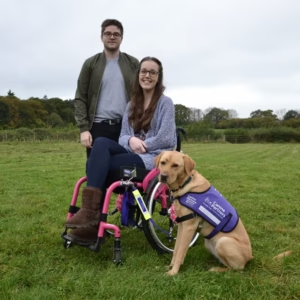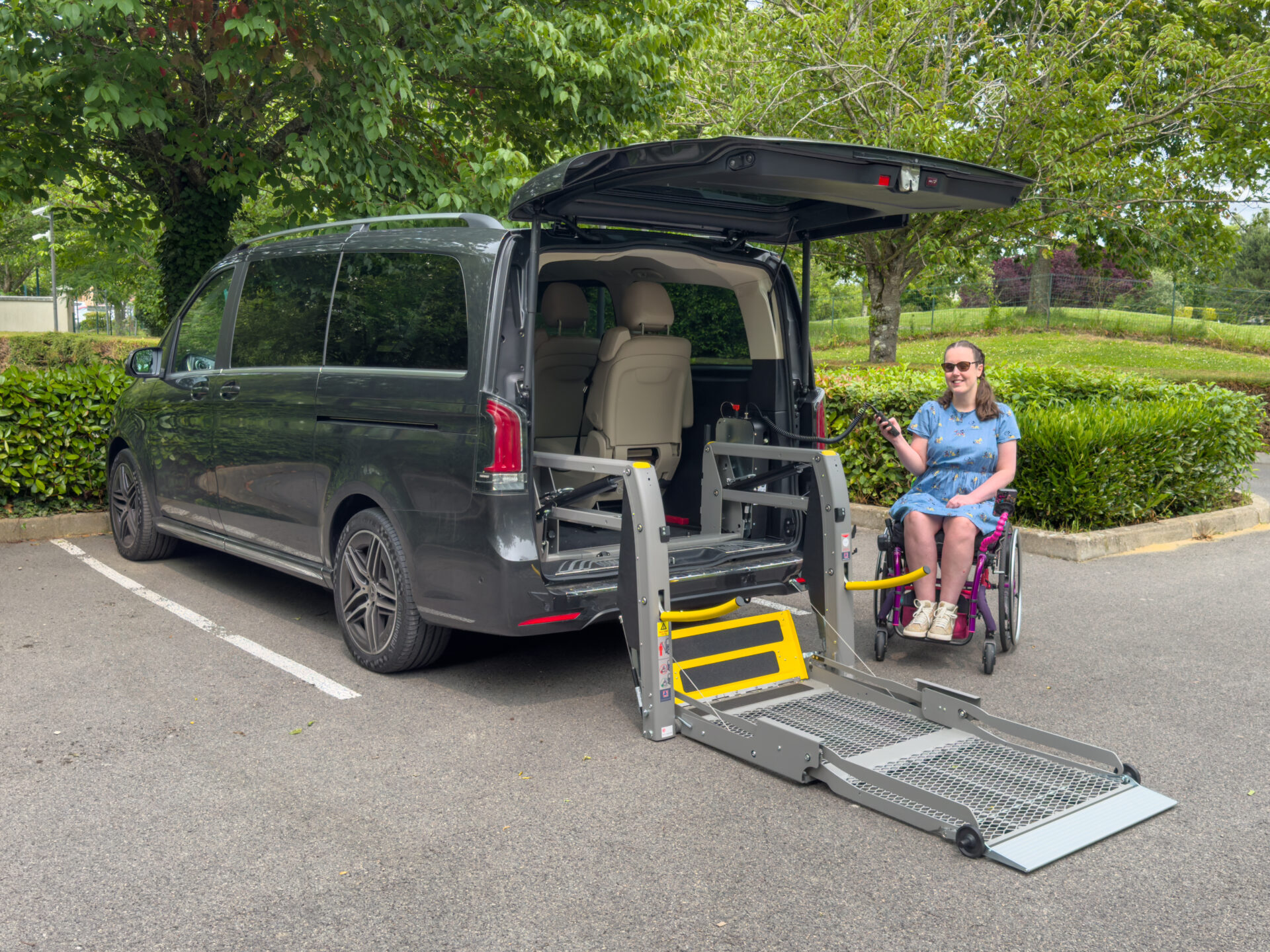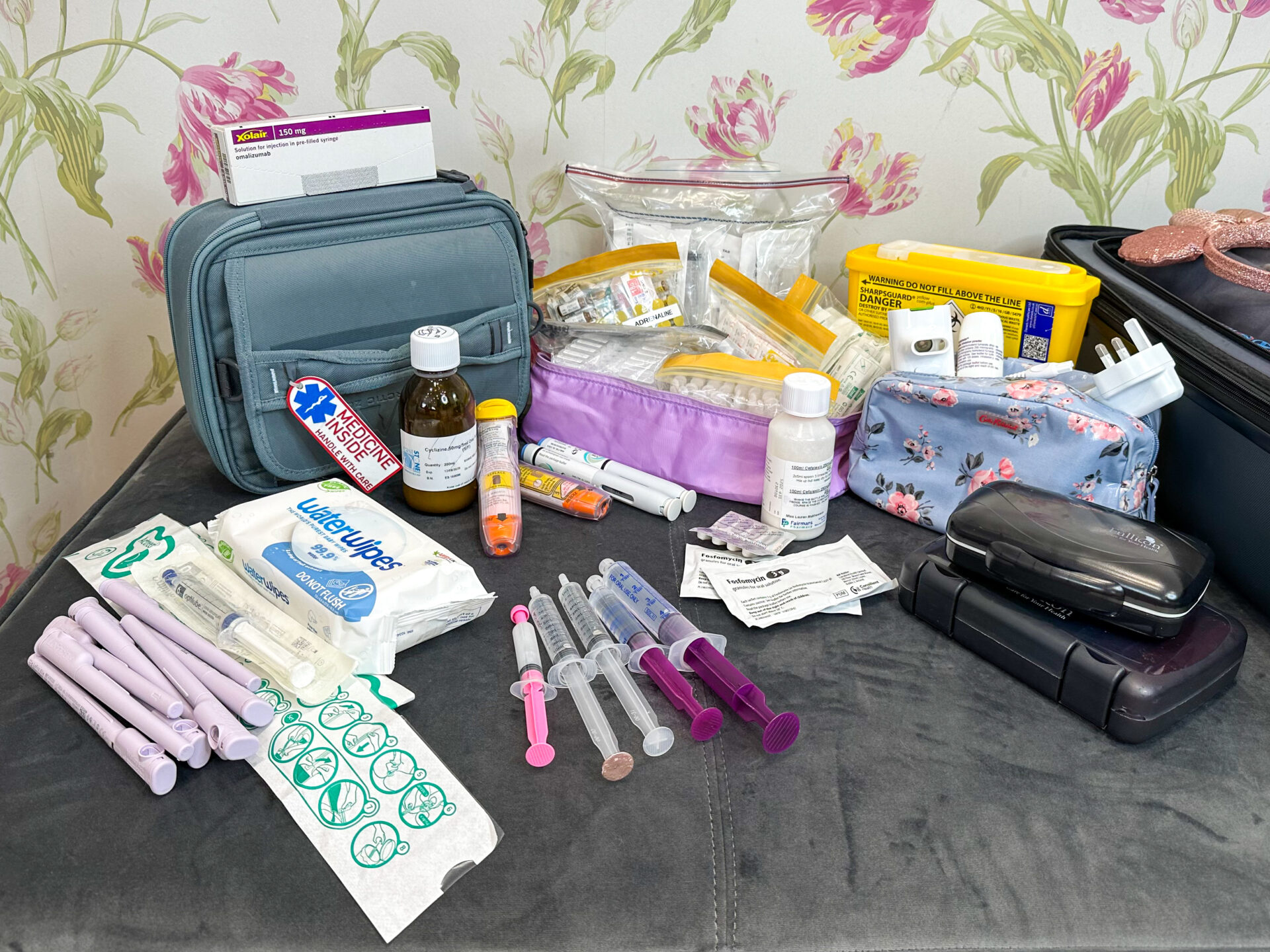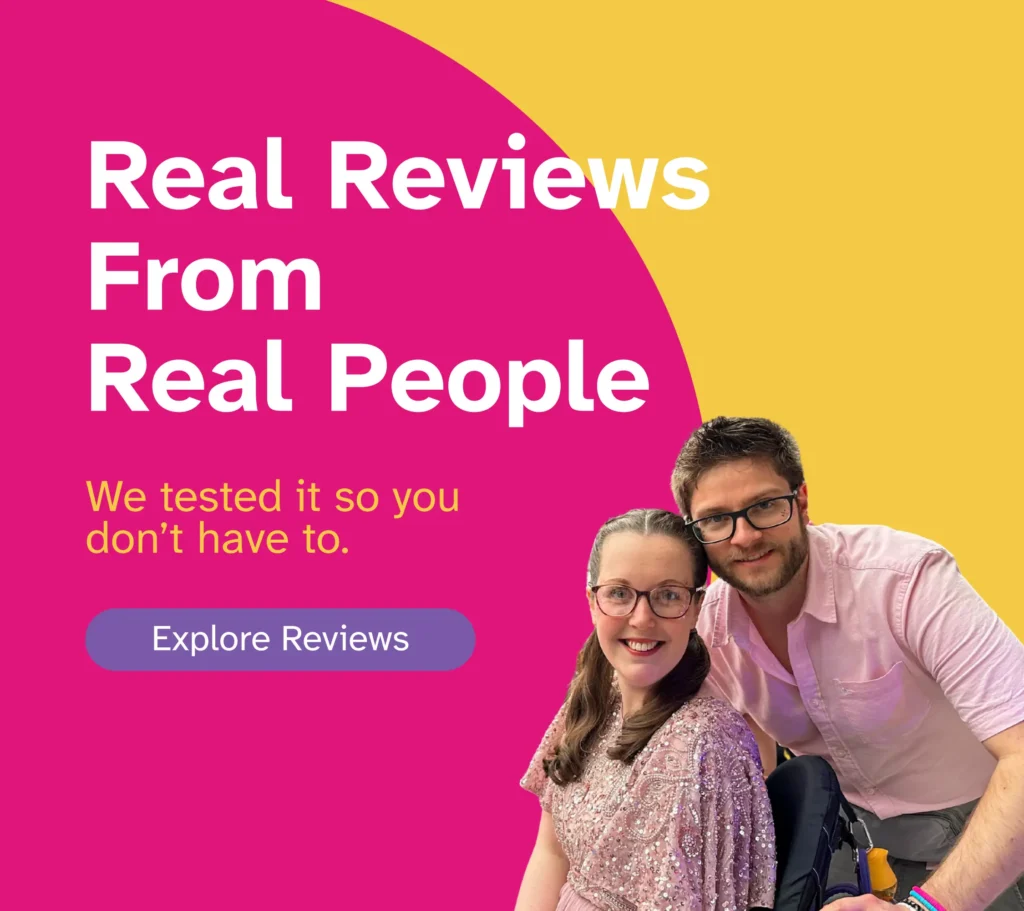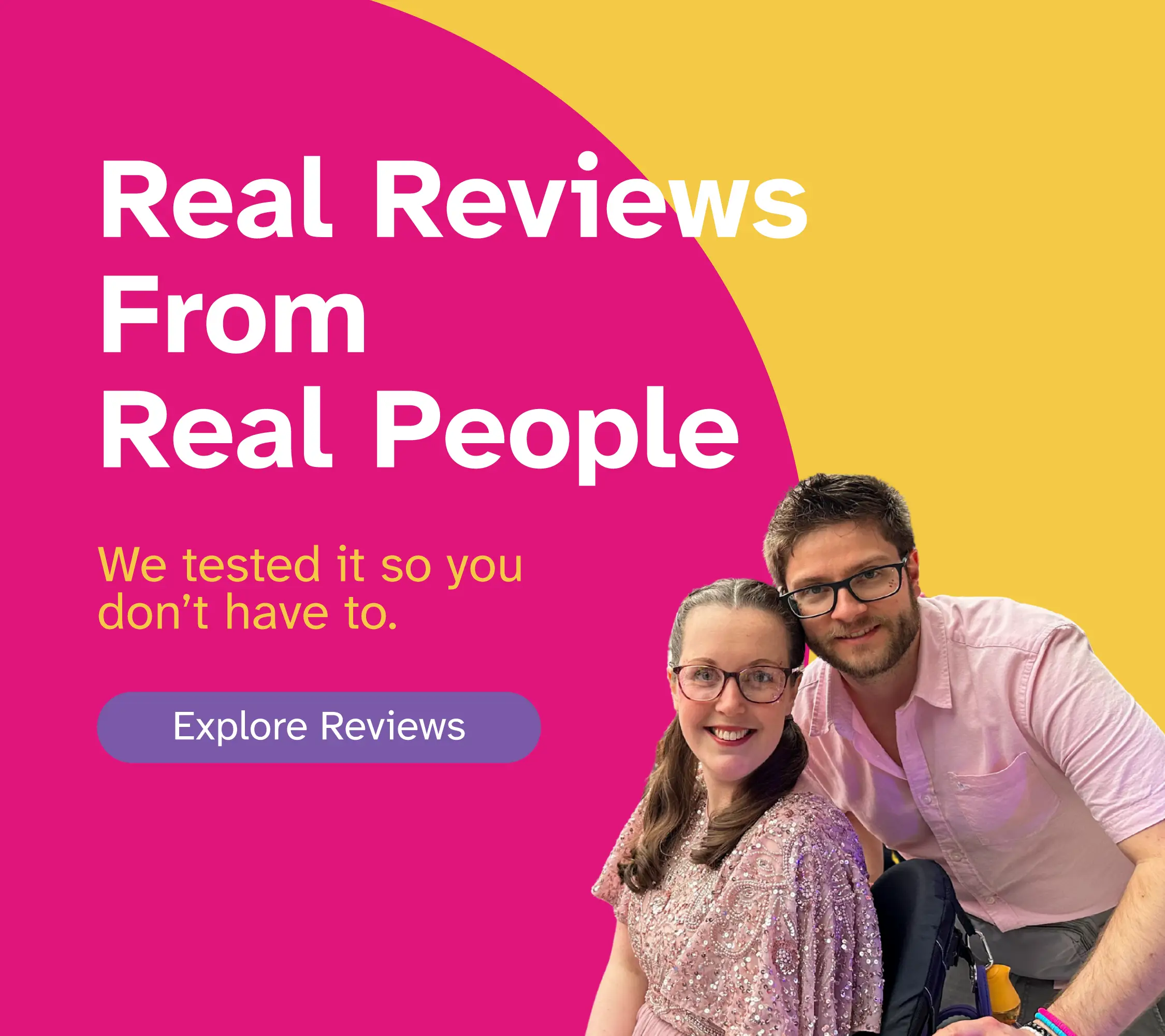Hi, I’m Felix, one of the founders and directors of Access Your Life.
I was diagnosed with dyslexia at the age of seven, which meant I was able to access support from various Special Educational Needs (SEN) departments throughout my education. Despite that, my journey was far from straightforward.
It all began with a fight to secure a place at my local grammar school—where all my friends were headed—because I wasn’t given the extra exam time I was legally entitled to. Unsurprisingly, I failed the entrance exam and had to appeal the decision. Some might have taken this as a sign to go elsewhere, but not me. I chose to fight for change. Not only did I win my place at the school, but I also pushed to get their policies changed, ensuring future students with dyslexia wouldn’t face the same discrimination. I was also granted access to a teaching assistant, which enabled me to achieve excellent grades.
Looking back, I often wonder how different my future would’ve been without that support. It allowed me to reach my potential and taught me the importance of advocating for yourself. So, if you’re in a similar situation, please don’t stop fighting for your rights, your quality of life, and your future success. Don’t be discouraged by those who judge your abilities based on your differences—instead, hold on to the teachers and mentors who see you as a whole person, not just a diagnosis.

While teachers should help us overcome our struggles, they also have the power to help us recognise our strengths. In my case, that strength is problem-solving. I relied on it in exams to score points even when I didn’t fully understand the content, and I now know it’s a valuable skill that’s helped me enormously in adulthood. So why was I constantly made to feel like my superpower was a weakness?
Speaking up isn’t always easy—especially when no one is fighting for you. It can also be embarrassing to draw attention to your “differences.” I learned this lesson during my first year at Newcastle University. Sitting in the exam hall, I watched other students speed through their papers while I was the only one needing extra time. The feeling of vulnerability was intense. So, I advocated for myself again—this time to take exams in a separate room where I wouldn’t be distracted by hundreds of people finishing before me. To most people that might not sound like a big deal, but for someone with dyslexia, even a tiny disruption can derail your focus completely.

Incredibly, I went on to be accepted onto a PhD programme at Sheffield University—something I’d been told would never happen. But that experience came with new challenges. While the university had excellent disability support services, my supervisor didn’t seem to believe in my diagnosis. He’d assign impossible tasks like transcribing three hours of audio, proofreading dense documents, and turning around essays in unrealistic timeframes. Despite trying my best, I eventually burned out. After 13 months, the PhD ended due to funding issues—probably a blessing in disguise.
Leaving the academic world, I was shocked by how little support exists in the average workplace. I struggled without a support worker, but I’ve since learned to speak up and ask for help. Huge shoutout to my partner and fellow director for proofreading this post—and to our amazing team for helping with important emails. It’s nothing to be ashamed of. In fact, it can be a good conversation starter. I once followed a very eloquent conversation with an email signed off as “King R*tards” instead of “Kind Regards.” Classic. Lockdown actually helped in some ways—I could manage more of my communication over Zoom, which made me feel more in control.
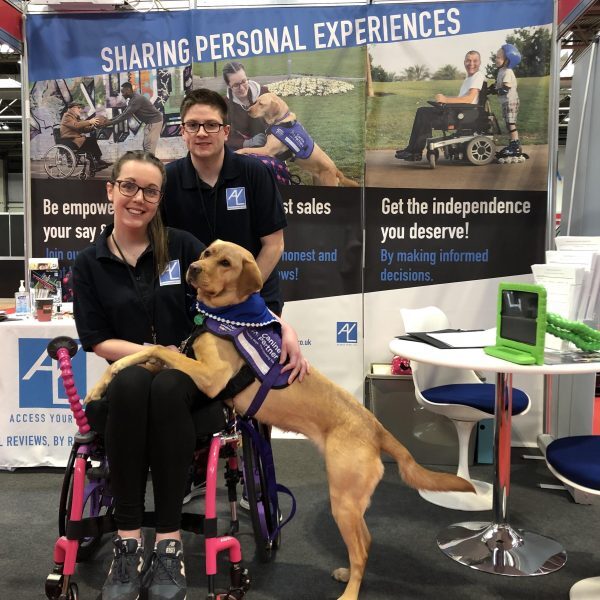
Yes, I still have frustrating days, but I’m incredibly proud of what dyslexia has taught me. I may never win a spelling bee or be the go-to parent for English homework, but I bring other skills to the table—seeing the bigger picture, spotting the odd one out, solving complex problems, and thinking outside the box. These are the skills that helped me build Access Your Life.
🧠💬 For more on Dyslexia Awareness Week, including what it is and how we can raise awareness together, check out the links below. I’ll also be sharing some of my funniest dyslexia-related mishaps to break the stigma and help others feel proud of their differences.
Useful Links
🔗 British Dyslexia Association – Dyslexia Awareness Week
🔗 Dyslexia Scotland – Support and Resources

